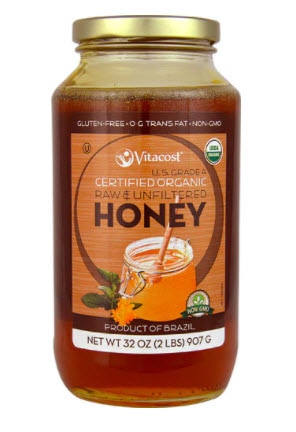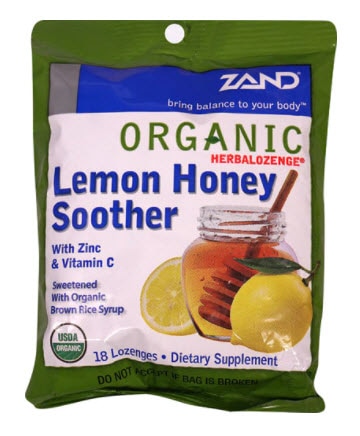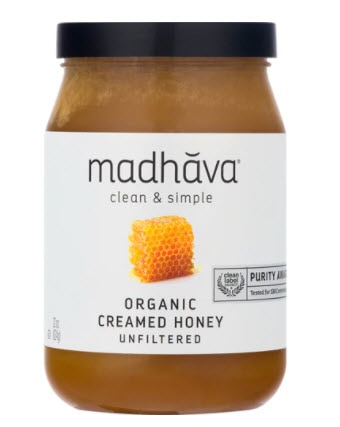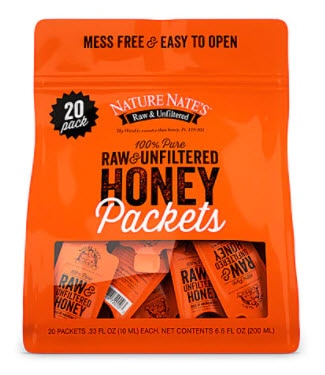You and Winnie the Pooh now have yet another reason to love honey.
A new study shows
honey outperforms typical methods, including antihistamines, expectorants, cough suppressants and painkillers, for treatment of symptoms stemming from upper respiratory tract infections — namely the common cold. Researchers from the United Kingdom’s University of Oxford found honey was effective at easing one symptom in particular: both the severity and frequency of coughing.
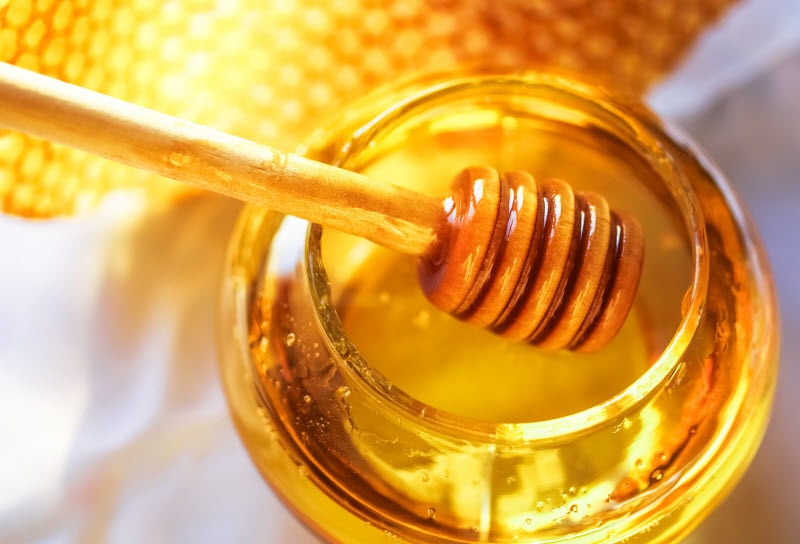
Is honey good for a cold?
The
study, published in August 2020 in the journal BMJ Evidence Based Medicine, analyzed 14 clinical trials involving treatment of symptoms arising from upper respiratory tract infections. Two of those trials indicated that the symptoms lasted one to two days less among adults whose treatment regimens included honey. Aside from coughing, symptoms of these infections include
sore throat, stuffy nose and sneezing.
The researchers point out that honey is cheap and readily available, and causes virtually no side effects. As a result, the researchers say, doctors can recommend honey as a suitable alternative to antibiotics, which are commonly prescribed for upper respiratory tract infections. Antibiotics often do nothing to combat these infections, since most of these infections are viral and antibiotics don’t combat viruses, according to the study.
“Honey has long been used as a home remedy to treat coughs and colds. There’s evidence for its use in children, but the evidence for its effectiveness for a range of upper respiratory tract symptoms in adults [hadn’t] been systematically reviewed,” according to a
news release about the BMJ study.
Other benefits of honey
Relief of symptoms from upper respiratory tract infections isn’t the only
benefit of honey. For instance, it’s been shown to help heal wounds and burns, and to pack antioxidant and anti-inflammatory powers. Plus, it naturally supplies a boost of energy thanks to its high carbohydrate content.
According to the
Mayo Clinic, the
University of Pittsburgh Medical Center and the
Honeybee Conservancy, research suggests it also might:
- Ease symptoms of certain types of allergies.
- Help treat skin conditions like acne, dandruff, psoriasis and rosacea.
- Decrease dryness of hair and skin.
- Reduce the risk of cardiovascular disease.
- Treat gastrointestinal tract conditions such as diarrhea.
- Offer antidepressant and anti-anxiety properties.
- Help prevent memory disorders.
“So, as a choice of added sweeteners, honey has some bonus features that table sugar and high-fructose corn syrup lack. But remember that, in the end, honey is still a form of
added sugar,”
according to the University of California, San Francisco (UCSF).
How much honey per day should you consume?
Therefore, honey should be counted as a part of your daily intake of added sugar, UCSF recommends. That means 6 teaspoons (25 grams) of honey per day for women and 9 teaspoons (38 grams) for men.
The extension service at Michigan State University points out that one tablespoon of sugar contains 49 calories and 15 grams of carbohydrates, while a tablespoon of honey contains 68 calories and 17.2 grams of carbohydrates. “However, honey tastes sweeter than sugar,” the extension service says, “so you may use less of it.”
Children under age 1 shouldn’t consume honey, due to their still-developing digestive and immune systems. People with bee and pollen allergies or sensitivities also should avoid honey.
For other people, experts tout honey as a healthier alternative to other natural forms of sugar as well as artificial sweeteners.
“Honey is one of the most appreciated and valued natural products introduced to humankind since ancient times,” according to a
research review published in 2017 in the journal Pharmacognosy Research.
Keep in mind, though, that not all
types of honey are the same. In the U.S. alone, there are more than 300 types of honey,
according to the National Honey Board, an industry-backed group that promotes the natural sweetener.
“The
benefits of one particular honey can differ from another depending on many factors, including the nectar’s floral source, the environment and even the bee’s age,”
USA Today notes.
Featured products:
